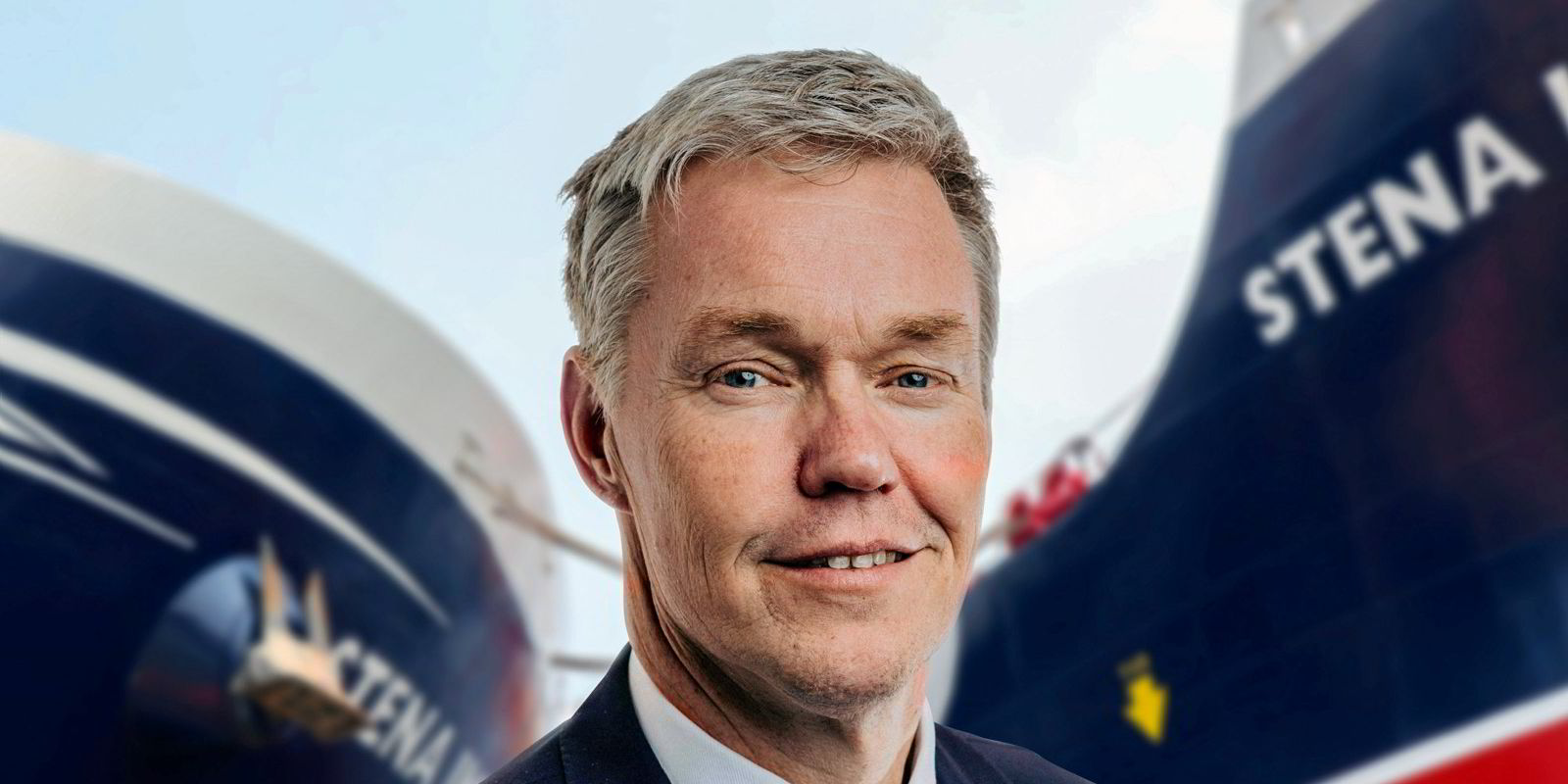Vessels must reduce their use of fossil fuels by 50% by the end of the decade to align the industry with Paris climate goals.
That is the conclusion of a new report from the Maersk Mc-Kinney Moller Center for Zero Carbon Shipping, the not-for-profit Danish research and development organisation.
The centre is urging shipping players to take “immediate collective action on an unprecedented scale” to remain on track to limit global warming to 1.5 degrees Celsius.
International and domestic shipping uses about 12.6 EJ of energy each year, corresponding to around 300m tonnes of fossil fuels, the research shows.
This must fall to 6 EJ by 2030, the centre argues.
The report reveals that improving on-board energy efficiency by just 8% — or 1% per year until 2030 — could save about 1 EJ of energy, equivalent to 24m tonnes of fuel oil.
“To leverage this opportunity, shipowners and operators must take immediate action to increase energy efficiency in operation as well as by installing energy efficiency technologies in existing or new vessels,” the centre said.
A global transition requires global targets, standards and regulation, the report argues.
Members of the International Maritime Organization need to reach consensus on ambitious absolute emission targets to reduce global emissions from a well-to-wake perspective, the centre added.
This should be complemented by shared international rules and standards supporting alternative fuels and decarbonisation technologies, it believes.
“We know the challenges, the obstacles, the uncertainties, and the fears. To some it may seem like a lot, and perhaps even overwhelming, but the only way to progress is by facing the challenges head-on,” said the centre’s chief executive Bo Cerup Simonsen.
Targets can be achieved
“It is absolutely doable and we are seeing rapidly growing commitment and real climate action from governments, companies, and individuals across the globe,” he added.
Simonsen pointed to the US stepping up with the Inflation Reduction Act, and the European Union’s “bold and concrete” steps to regulate shipping with its Emission Trading Scheme and fuel standards.
“However, despite the progressive initiatives, much more is needed. When we compare the scale of efforts and planned actions across the sector against the necessary timeline of the transformation, it is evident that we are still not doing enough to stay on the recommended track,” the CEO said.
He called on more countries and companies to publicly articulate a decarbonisation ambition, make plans, act accordingly and report on their progress.
The centre has backing from big names like Maersk, BP, Cargill, Equinor, Rio Tinto, NYK Line and Hapag-Lloyd.




